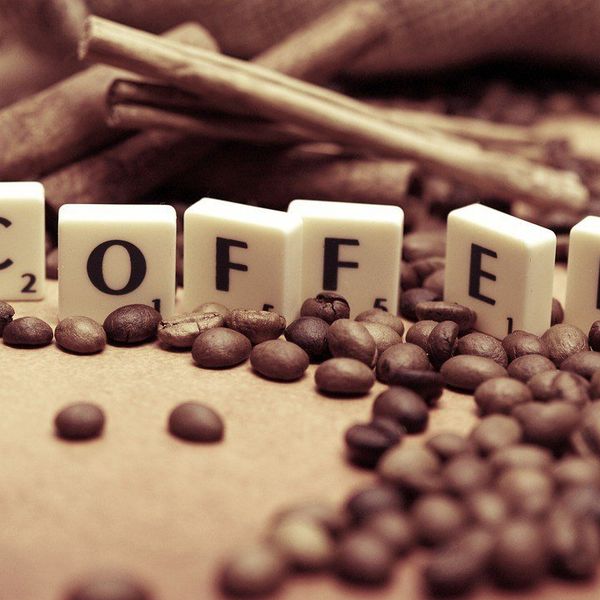If you’ve ever tried to quit, you’ll know these signs:
Irritability
Mood swings
Headaches
Body aches
Increased sluggishness
Lack of motivation
Heightened apathy for your fellow man
Quitting takes a special amount of dedication, as the physical and emotional addiction has taken hold of your life and your schedule.
I am talking about, of course, coffee, or more specifically—caffeine.
My coffee addiction started in middle school, seventh grade, to be precise.
I had been sneaking and been adding the decadent, flavored cream and sugars to the free coffee at church on Sundays as my mother socialized and my brother and I nabbed donut holes and played with our friends in the lobby since fifth grade. I loved the extra energy I had, but I feel with as much cream and sugar as I was adding...this was likely more of a "sugar buzz" than a caffeine kick. I started to become more accustomed to the flavor of coffee over many Sundays of doing this, though. My mom had been drinking morning coffee for a while, and like many children, I associated this behavior with being a grown up.
My father started drinking Diet Coke in large quantity when I got to middle school, signaling potentially his own caffeine addiction. I took up the habit and started packing them in my lunch for school. I noticed one day that I had forgotten my can, and I spent the rest of the afternoon with a dull ache in my head. I attribute this as my first caffeine headache, and the first time I realized that it wasn’t just the satisfying crack of the pop can as it opened and fizzed that put a smile on my face at lunch.
I would later graduate to drinking the Starbucks Frappuccinos in the glass bottles, and eventually to just coffee in a traveler cup with a dash of half and half.
The real trouble started when energy drinks came out, and then, when I found myself employed at Starbucks itself and after at a local coffee shop for a couple months. I found myself adding an extra shot or two to my Americanos. I would drink espresso con panna (a single or double, doppio, shot of espresso with whipped cream on top) at the start of my shifts to get my mind and body going for the day. Only when I started taking diet pills and caffeine pills to supplement the coffee on the job did I start to become aware that maybe I was consuming too much caffeine—my heart was literally skipping beats.
As a working adult, student, and intern, as well as freelance writer, I find myself in the league of writers tapping away on their laptops at coffee shops, in libraries and book stores, and at home with my once-again, constant companion: coffee.
I stick to a few cups throughout the day now. One to wake up, one to get through the morning and more as needed. Medium to dark roast coffees so I can enjoy the flavor and experience, without the maximum amount of caffeine (that you find actually in lighter roasts, or in espresso heavy drinks).
Coffee is still there for me, but we aren’t as close as we once were.
It took a juice cleanse to rid me of the cravings and carry me through the withdrawal process, a few years ago. Never underestimate the power of some green juice and some beet juice. Nutrients over stimulants, apparently, can do your body some good. Also: tea. Tea is fantastic for stepping down your tolerance level, as I found, taking steps down through green and black teas until I was able to simply enjoy caffeine free herbal teas for some warm comfort.
I have heard of actual accounting firms that, during tax times, deliver small cups of coffee throughout the day to keep their accountants at maximum productivity levels—and they are small cups, distributed evenly throughout the day. I allow myself a bit of coffee as I switch gears from spa work to writing work or academic work. It may sound like a lot, still, but as I sip slowly, these smaller servings (I stick to a smaller or half-full mug now).
I stepped my Venti caffeine addiction down to an 8 oz. assistant, and I’ve never been happier.





















